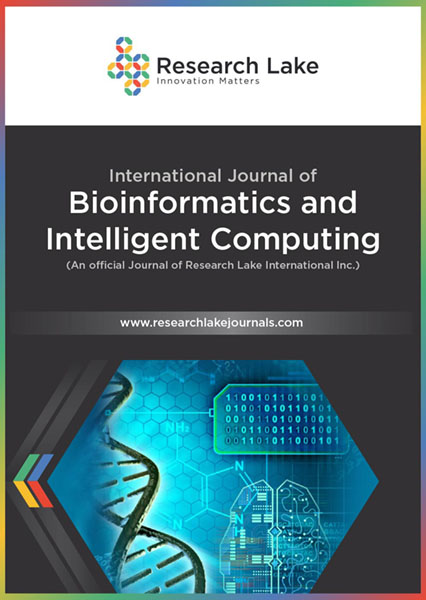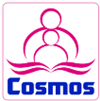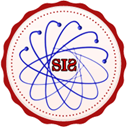Identification of Unique Water Molecules in Human GRK2 Protein with Bound and Unbound GβGγ Subunit: A Study by Structural Bioinformatics Method
Abstract
The human G-protein coupled receptor kinase 2 (hGRK2) regulates the desensitization of beta-adrenergic receptors (β-AR), and its overexpression has been implicated in heart failure. The hGRK2 is a serine/ threonine kinase and is one of the members of the AGC family, and it contains the four domains (i) RGS or RH domain (regulator of G-protein signaling res. id. 54-175), (ii) protein kinase or CAT domain (res. id. 191-453), (iii) AGC Kinase domain (res. Id 454-521), and (iv) PH domain (Pleckstrin homology, res. Id. 558-652). Present computational investigations on multiple analyses of X-ray structures (bound and unbound conformation of GβGγ) highlight the presence of seventeen unique water molecules (W1 to W17) that are only available either in hGRK2 with GβGγ or without GβGγ. These water molecules are subdivided into category-I (W1 to W8), which is observed with unbound GβGγ conformation, and category-II (W9 to W17) in hGRK2 with bound GβGγ conformation. The MD simulation results suggest the non-crystal and crystal water molecules are inaccessible to reaching W3, W10, and W12 water sites because they are deeply buried and shielded by neighboring residues, whereas W9, W11, and W13 are accessible by crystal water in MD simulation but not allow entering non-crystal or MD water molecules. During the structural transition of hGRK2 from unbound to bound hGβGγ state, water molecules of category-I (W1 to W8) departed from their respective domains, and water molecules of Category-II (W9 to W17) were reached simultaneously during unbound to bound GβGγ conformation. In this context, the present work identifies new biochemical insights to highlight some rationale clues for heart disease.
Copyright (c) 2023 Hridoy Ranjan Bairagya, Sayanti Pal, Sabarno Baral

This work is licensed under a Creative Commons Attribution-NonCommercial 4.0 International License.
Copyright © by the authors; licensee Research Lake International Inc., Canada. This open-access article is distributed under the terms of the Creative Commons Attribution Non-Commercial License (CC BY-NC) (http://creative-commons.org/licenses/by-nc/4.0/).




















